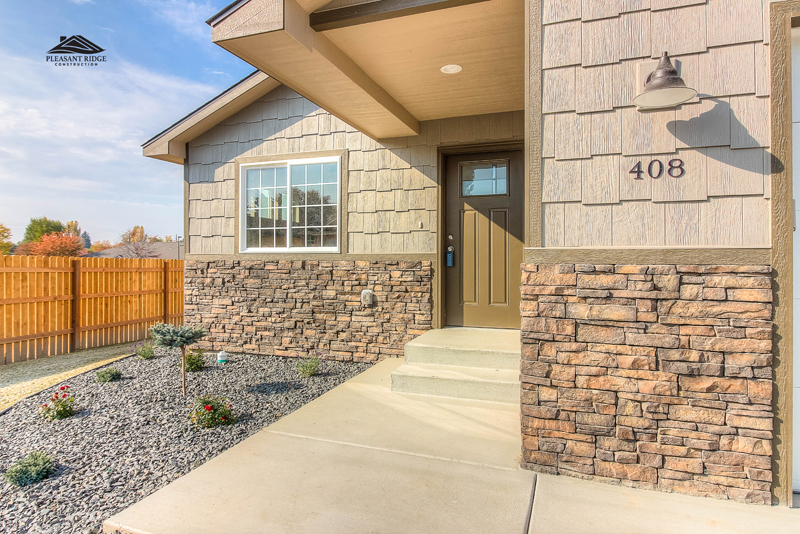There are two common types of contracts between the Owner and Builder: “Fixed Price” and “Cost Plus”.
Also known as a Lump Sum agreement, with a Fixed Price contract, the Builder agrees to perform the work for an established total price. The price is based on the construction plans and specifications provided to the Builder.
When a Cost Plus agreement is used, the total price may not be known until all of the work is completed. The Owner pays for all of the construction costs, plus a fee to the Builder, often resulting in “sticker shock” when the final price is tallied.
On the surface, a Fixed Price agreement may seem like it offers less risk to the Owner, because the total price is known up front. Often associated with competitive bidding, the Fixed Price contract is usually awarded to the low bidder; or the Builder that has figured out how to build your home the cheapest way. This relationship creates risks and challenges that may result in other surprises.
In order to establish a fixed price on a project, the Builder needs an extraordinary set of documents to follow. The construction drawings and specifications must adequately describe every aspect of the project down to the finest detail, otherwise the fixed price may be based on assumptions or exclude omitted items. Imagine the effort necessary to make every decision and provide accurate information about every detail before choosing a Builder.
Oftentimes, when designs and drawings are completed, they are done so without a detailed construction budget. All too often when the project is finally ready for bidding, the resulting bids exceed the budget expectations of the owner, resulting in expensive re-design fees or even abandonment of the project.
Fixed Price agreements also operate under a cloud of uncertainty. The Owner has no knowledge of the construction costs or the fees the Builder is charging for their work. If changes are requested, the Owner may be forced to pay whatever the Builder demands otherwise the change won’t be incorporated. To avoid this, it emphasizes the importance of the construction drawings and specifications. Again, imagine the effort necessary to make every decision and provide accurate information about every detail before choosing a Builder.
This magnitude of information and decisions associated with a one-of-a-kind custom home, is often the reason why some Owners opt for a Cost Plus relationship with their Builder.
While the type of contract is usually associated with the construction side of the relationship, some designers prefer Cost Plus agreements because it offers them freedom to make design changes even after construction has begun. From the Builder’s perspective, Cost Plus frees them from the risk of losing a project to the competitive bid process and eases the burden of creating a detailed upfront estimate for the project. Many Owners go into a Cost Plus relationship believing that it will save money because they can be involved in the “open book” nature of the project. In our opinion, each of these perspectives creates an environment where incomplete decisions and the production of loose information is deemed acceptable.
Nobody wants surprises related to the budget or time schedule of a project. A responsible Builder should provide accurate upfront pricing and an organized process that supports an efficiently managed project. Other approaches, regardless of implied benefits, are simply lazy attempts at moving the project forward.
Expect a Higher Standard!
At Pleasant Ridge Construction, our Pre-construction services process, Custom Construction Agreement and open book project management, provide a flexible approach that reduces risks to all parties and creates a relationship that fosters trust and mutual benefit.
Our contract is owner budget and allocation-based, it features a Fixed Price with Allocations for items not yet selected as well as an escalation clause to protect both parties. During the design phase of the project, we will baseline budget updates as the home design and drawings take shape. We share budget, line item costs and markup openly so that you have the information to help direct the budget thru the entire process. Once the scope of the project has been established, a contract is documented that establishes scope, price, and fee based on owner budget, selections, and cost of materials and labor.
Our process is full of transparency and designed to remove uncertainty and establish a team approach to the management of your project. We share everything openly, so please don’t hesitate to ask if you have any questions.


